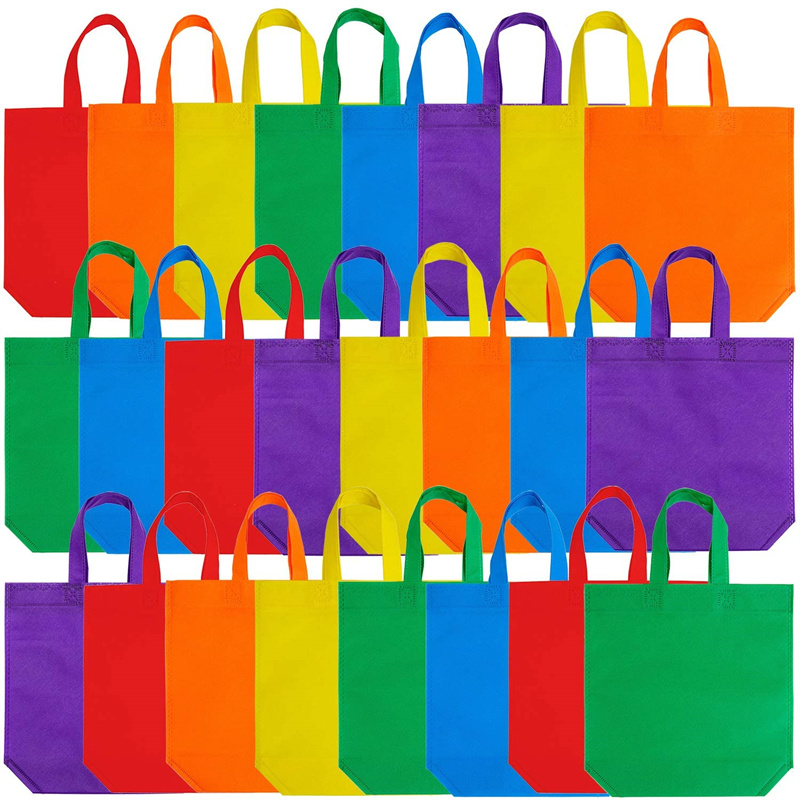In January 2020, the National Development and Reform Commission and the Ministry of Ecology and Environment jointly issued the "Opinions on Further Strengthening the Treatment of Plastic Pollution", requiring that by the end of 2020, the production, sales and use of certain plastic products should be prohibited and restricted in certain areas and areas. The era of the "plastic ban" has officially arrived, and the opinions also proposed to promote the use of non-plastic products such as environmentally friendly cloth bags and paper bags and biodegradable shopping bags.
In the current plan to replace plastic shopping bags, businesses mainly choose non-woven bags and biodegradable shopping bags.
PLA and PBAT are the mainstream degradable plastic materials at present. Most of the degradable shopping bags on the market are made of PLA and PBAT. The mechanical properties are not good. The single production cost is more than 10 times that of ordinary disposable plastic bags. 0.5-1.2 yuan. Due to the early development of polypropylene non-woven bags, the mature production technology, and the complete domestic industrial chain, the production cost is equivalent to that of biodegradable shopping bags, and the production cost of some non-woven bags with fillers is even lower than that of biodegradable shopping bags.
The currently promoted biodegradable shopping bags have relatively poor mechanical properties, so the use effect is not good. Due to its good mechanical properties, polypropylene non-woven bags obviously have good strength and load-bearing capacity, and have a wide range of applications.

Environmental protection and recycling
Constrained by cost constraints and environmental protection requirements, most of the biodegradable shopping bags currently in use are thin, soft, and have poor mechanical properties. The number of reuses is not more than once, which is not convenient for reuse. It also faces many problems in the recycling process. The degradation of biodegradable plastics The conditions are also harsher, requiring aerobic composting to degrade into carbon dioxide, water and minerals within half a year and no more than 12 months. In contrast, non-woven bags can be reused more than 10 times under normal conditions, and are easy to recycle and reuse. By adding degradable materials and inorganic substances such as calcium carbonate and talcum powder, the environmental protection and environmental protection of non-woven bags can be improved. Economy.
From the aspects of cost, performance, environmental protection and recycling, it is not a simple matter to rely on the current degradable plastics to solve the white pollution problem. PBAT and PLA face the problem of high cost and inability to degrade in the natural environment (it needs to be recycled to be degraded under specific conditions). At present, traditional plastics are irreplaceable, and biodegradable plastics are difficult to solve. It is more important to scientifically and rationally reuse, recycle and sort traditional plastics. It is more important to develop new degradation technologies. The domestic polypropylene non-woven bag production technology is mature and the production capacity is sufficient. Under the "plastic ban", it is undoubtedly a very good choice for non-woven bags to replace traditional ordinary plastic bags.
<< previous
next >>